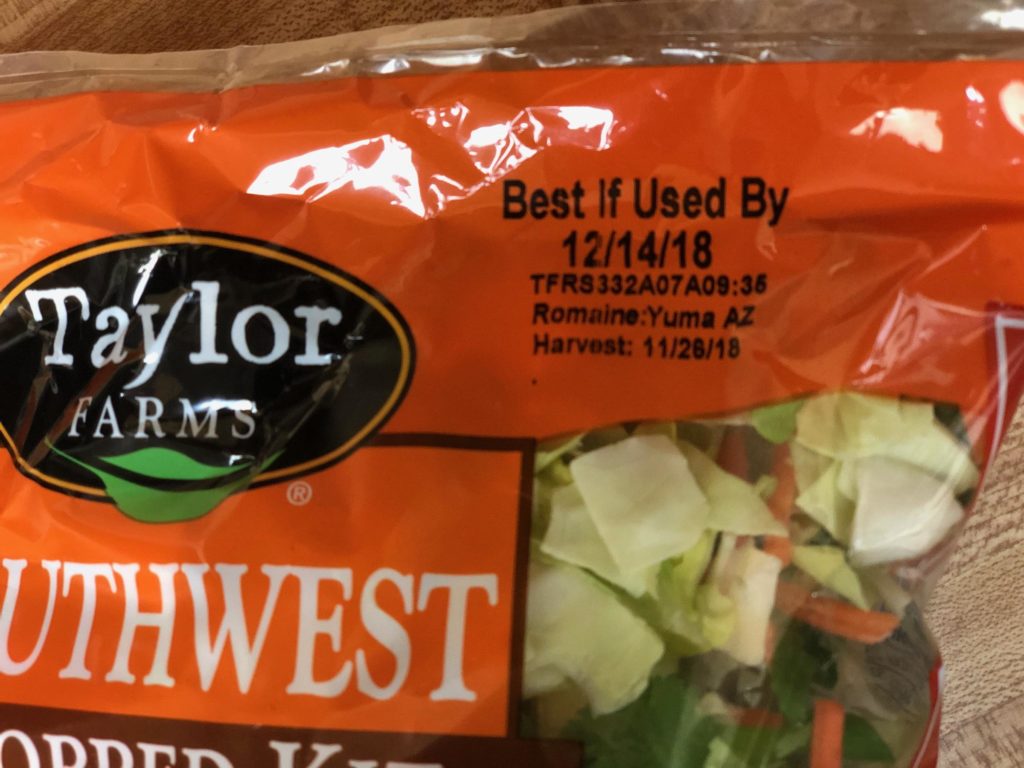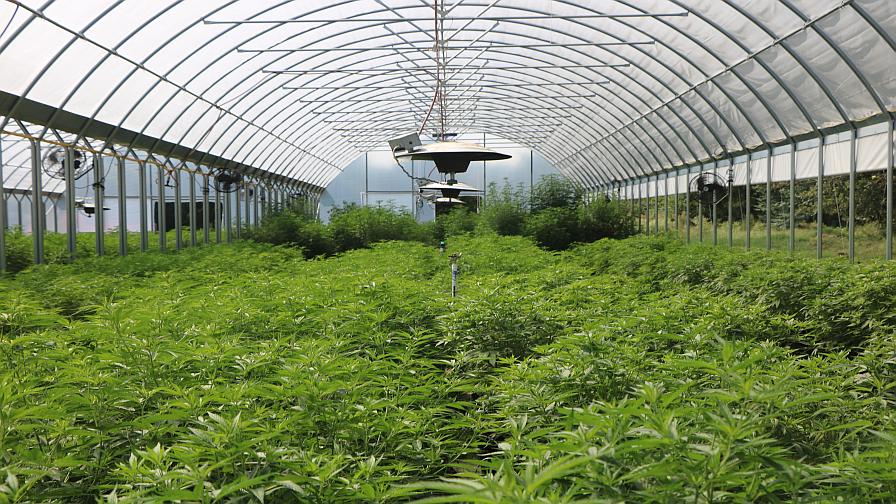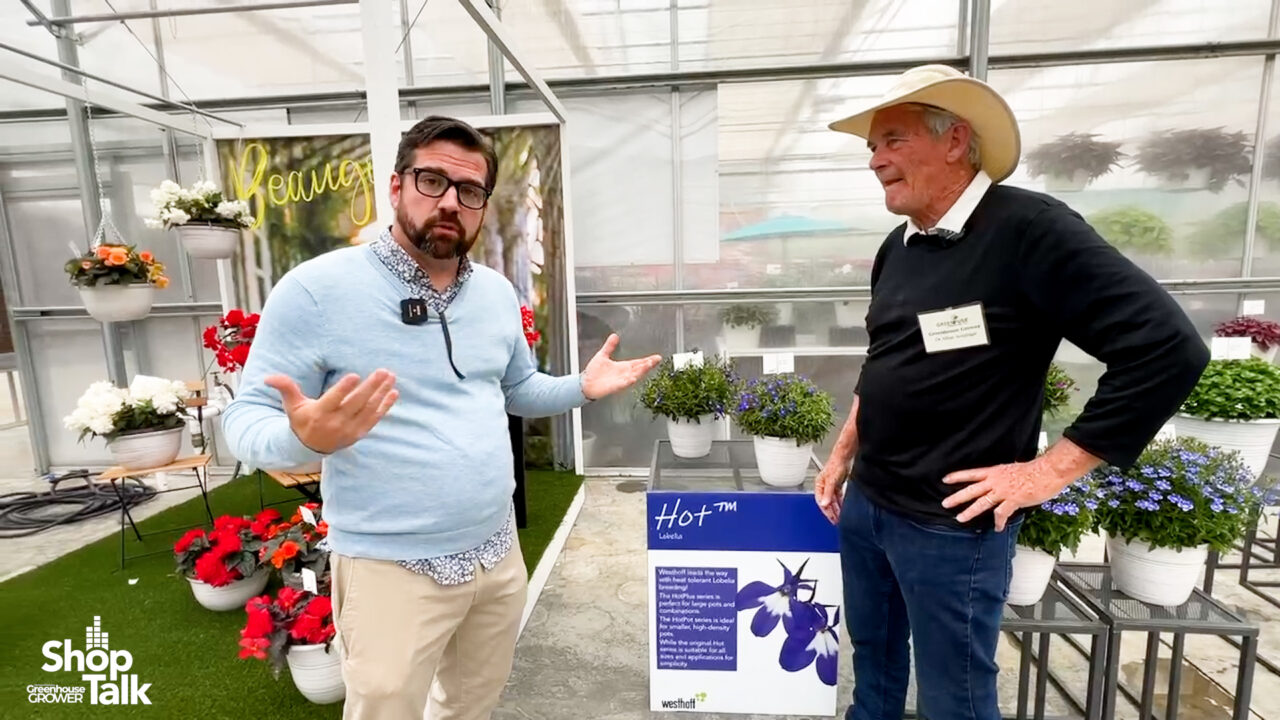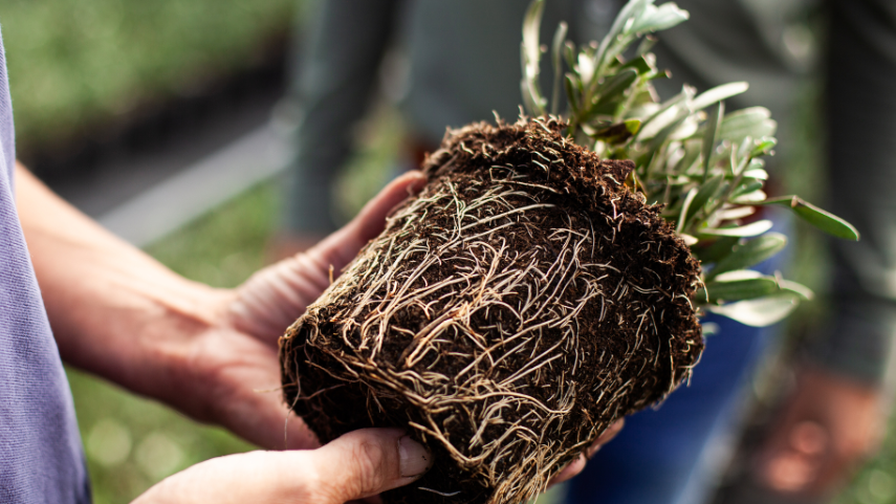Greenhouse-Grown Romaine Deemed Safe, Labeled Product Returns to Stores
Following the Nov. 20 E. coli outbreak on romaine lettuce, indoor leafy greens producers and growers outside the contamination zone implored regulators to narrow the ban to specified affected areas.
On Nov. 26, the Centers for Disease Control (CDC) updated its warning to consumers that originally recommended that all romaine lettuce in the food chain be thrown away due to an E. coli outbreak that sickened and hospitalized dozens of people. The agency clarified in late November that romaine lettuce harvested from the Central Coastal growing regions of northern and central California should be avoided, and that romaine lettuce harvested elsewhere, including hydroponically or greenhouse grown romaine lettuce, had not been linked to the outbreak.
Following the outbreak a day prior to the American Thanksgiving holiday, greenhouse leafy greens producers assured consumers via social media that their products are safely grown in a controlled environment.
Romaine Now Back in Stores
Romaine lettuce has since returned to grocery store shelves, but not before a voluntary origin/harvest date labeling program was put into place. The Produce Marketing Association and United Fresh Produce Association, with input from colleagues across the supply chain, provided answers to questions throughout the industry about the labeling program. Find the full list of questions on the United Fresh Produce Association website.
According to these answers, the new voluntary origin/harvest date labeling is designed to provide consumers with information on where their romaine is grown, along with an approximate date on which it was harvest. The reason for the labeling is to help consumers know whether the product they are seeing in a grocery store or restaurant, or product they have purchased, has been harvested during the time constraints of any future recall due to a bacterial outbreak, and whether or not it is from the affected region implicated as a supply source.
While the use of this new labeling program is voluntary and not a regulation, CDC is urging consumers to check bags or boxes of romaine lettuce for a label indicating where and when the lettuce was harvested. The FDA states: Based on discussions with producers and distributors, romaine lettuce entering the market will now be labeled with a harvest location and a harvest date, or labeled as being hydroponically grown or greenhouse grown. If it does not have this information, you should not eat or use it.”
Because this is a voluntary initiative, FDA did not specify terminology that should be associated with romaine lettuce grown indoors or in controlled environments. Indoor and greenhouse growers should use a term that consumers can easily understand such as “grown indoors” or “greenhouse grown.”
Indoor Growers: Don’t Be Over-Confident
Food grown in greenhouses may be at lower risk for bacterial contamination than its field-grown counterparts, but it doesn’t mean it’s immune. Growers producing leafy greens like romaine lettuce, or anything meant to be consumed or ingested, must be vigilant about following food safety protocols.
A 2015 academic study published in the International Journal of Environmental Research and Public Health examined potential differences in risk factors for microbial contamination in greenhouse versus open field production. It found that E. coli, Salmonella, and other bacterial isolates were more often found in irrigation water sampled from open field farms (46.7%) versus from greenhouse production (12%). Open field production was shown to be more prone to fecal contamination as the number of lettuce samples and irrigation water with elevated E. coli was significantly higher. Read the full study on the Journal’s website.
The first meeting of a food safety group for companies involved in controlled environment agriculture production, the Controlled Environment Agriculture Food Safety Coalition, was held at the United Fresh Produce Expo in June 2018. Organizing members included BrightFarms, AeroFarms, and Little Leaf Farms, and 11 other operations expressed interest. Learn more by emailing [email protected].











